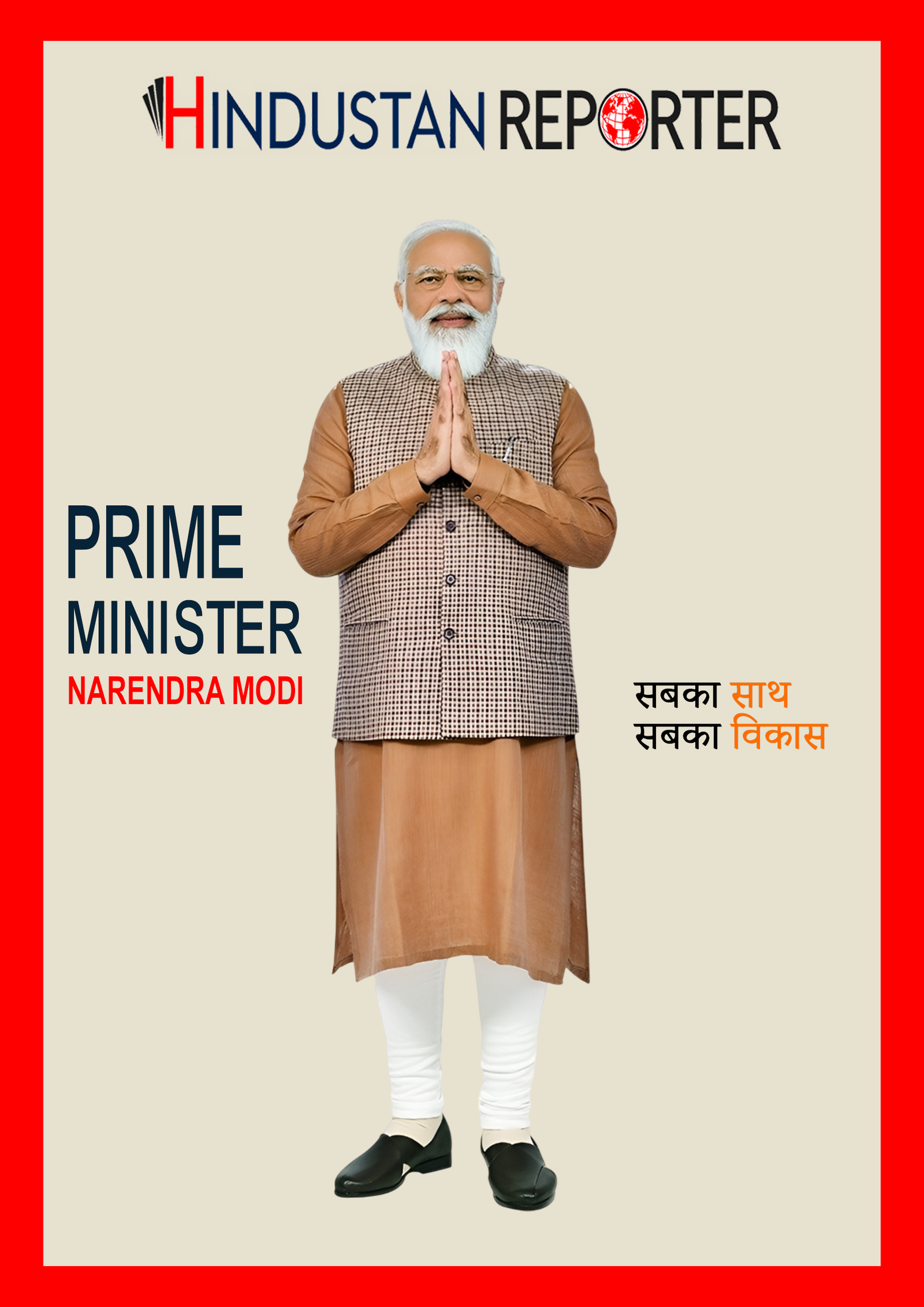A major educational conference held at B.N.S.D. Shiksha Niketan, Kanpur, under the aegis of the Bhartiya Shiksha Board (BSB), highlighted a decisive shift in India’s schooling philosophy. The event witnessed the participation of hundreds of principals, school managers and educationists from across the city, signalling growing support for an educational model rooted in Indian knowledge systems.
The Bhartiya Shiksha Board, a national education board constituted by the Government of India, seeks to integrate India’s civilizational wisdom with modern pedagogy. Its curriculum, developed by leading educationists and aligned with the National Education Policy (NEP), aims to produce students who are intellectually sharp, culturally grounded, morally strong and physically confident. Patanjali Yogpeeth has been entrusted with the operational responsibility of the board.
‘The Board of the 21st Century’
Delivering the keynote address, Dr. N.P. Singh (IAS, Retd.), Chairman of the Bhartiya Shiksha Board, described BSB as “the board of the 21st century.”
“For nearly 190 years, India’s education system has followed Macaulay’s colonial model that created followers, not leaders. Societies progress only when they nurture leadership,” he said.
Dr. Singh added that BSB would empower teachers with the tools and frameworks needed to cultivate entrepreneurs, innovators and leaders. He stressed that for too long, womanhood had not received the cultural respect accorded in Indian civilisation, and that BSB’s curriculum addresses this gap by nurturing strong women and respectful men.
He also issued a strong message to educational institutions:
“Those who choose not to affiliate with the Bhartiya Shiksha Board today will regret it later. This is not just a board, it is a vision for the future of Bharat.”
Integrating Self-Defence Science
Wing Commander Pushkal Vijay Dwivedi (Retd.), Director General, Bhartiya Shiksha Anusandhan Parishad, and known as the “Father of Self Defence Science” in India, underlined the importance of holistic development.
He said the current education system produces professionals but fails to shape complete personalities, leading to emotional and cultural disconnection among youth.
Dwivedi highlighted that for the first time, Self Defence Science (Atmaraksha Vigyan) has been introduced as a formal subject under BSB. This step, he said, both revives India’s martial traditions and addresses modern concerns of personal safety and discipline. “An education system that only produces employees is incomplete. We must create job creators, protectors, thinkers and leaders,” he remarked.
His address drew sustained applause from the audience, many of whom termed this inclusion a historic correction in India’s educational approach.
Administrative Support
District Magistrate Shri J.P. Singh, the chief guest, lauded the initiative. “The government has recognised the need for an educational renaissance. BSB aims to deliver modern education within the framework of India’s ancient knowledge systems,” he said.
District Inspector of Schools Shri Santosh Roy called for active cooperation from all stakeholders to ensure the success of these reforms. “Education determines the destiny of a nation. This transformation requires support from school managers, principals, teachers and society,” he observed.
Broad Participation
The conference saw the presence of prominent educationists and dignitaries, including Gaurav Pandey, Jaya Shukla, Meena Dwivedi, Shakti Shukla, Kusum Dwivedi, Pinky Sahu, Rajneesh Sinha and Neelam Shukla.
The gathering collectively endorsed the view that Bhartiya Shiksha Board represents a landmark step towards redefining India’s educational purpose — from producing followers to nurturing leaders, from fragmented learning to holistic development, and from passive citizens to self-reliant individuals.

